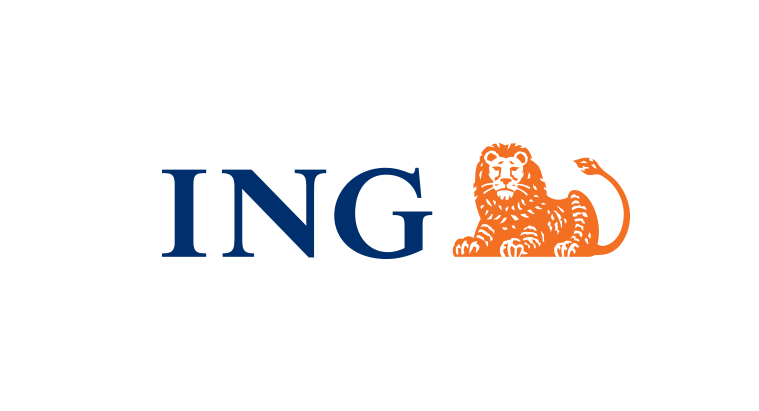Germany’s electric vehicle (EV) market is experiencing significant hurdles, driven by competition from Chinese manufacturers and newly imposed EU tariffs. Despite the German government’s push for greener transportation, the adoption of EVs has been sluggish. A recent report highlights that many German consumers remain hesitant to switch to EVs due to concerns about vehicle range, charging infrastructure, and overall costs .
EU Tariffs on Chinese EVs
The European Union has recently imposed tariffs of up to 38% on electric vehicles imported from China, aiming to protect the European automotive industry from what it views as unfair competition. These tariffs are expected to further strain the EV market, as Chinese manufacturers had been offering more affordable options compared to their European counterparts. The tariffs are likely to lead to higher prices for consumers and could slow the growth of EV adoption in Europe .
Domestic Market Dynamics
In Germany, the local automotive industry is grappling with multiple challenges. The transition to electric vehicles requires substantial investments in new technologies and infrastructure. German automakers are under pressure to innovate while also dealing with supply chain disruptions and increased competition from tech giants like Tesla. Despite these challenges, the German government remains committed to its climate goals, aiming to significantly reduce carbon emissions by promoting the use of electric vehicles .
Future Outlook
Looking ahead, the German EV market may need to address several critical issues to achieve broader adoption. Enhancing the charging infrastructure, providing incentives for consumers, and ensuring the affordability of EVs will be essential steps. Additionally, fostering collaboration between automakers and tech companies could spur innovation and help overcome the current barriers. The German government’s continued support and strategic policies will play a crucial role in shaping the future of the EV market in the country .
 Anasayfa
Anasayfa Canlı Borsa
Canlı Borsa Borsa
Borsa Döviz Kurları
Döviz Kurları Altın
Altın Hisse Senetleri
Hisse Senetleri Endeksler
Endeksler Döviz Hesaplama
Döviz Hesaplama Döviz Çevirici
Döviz Çevirici Kredi Arama
Kredi Arama

































































































